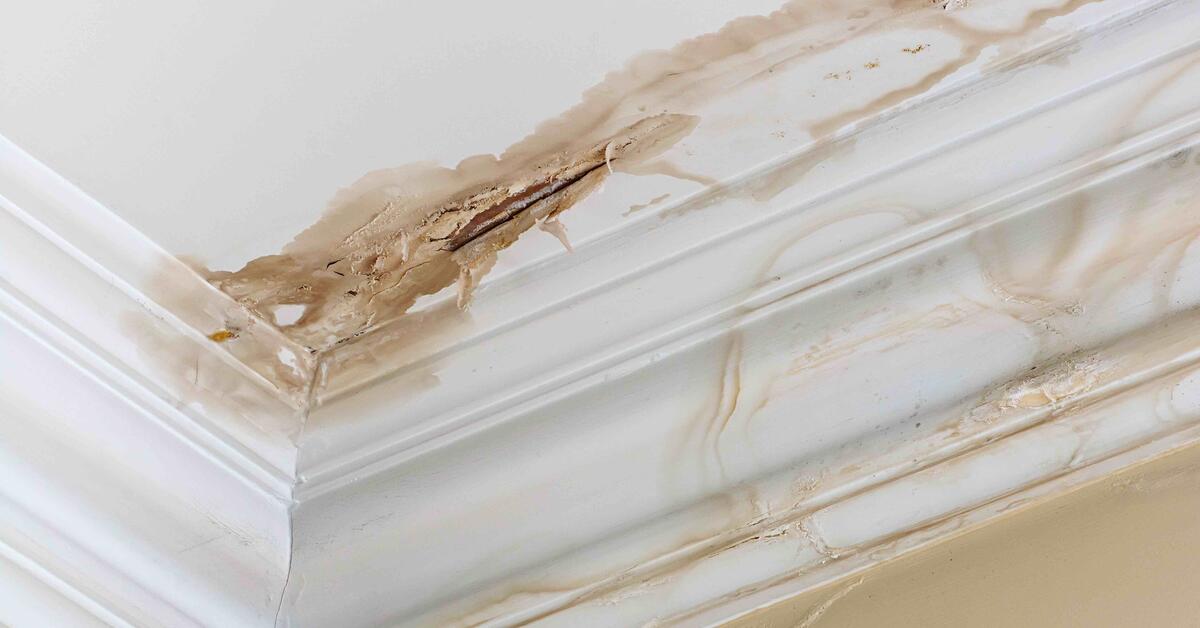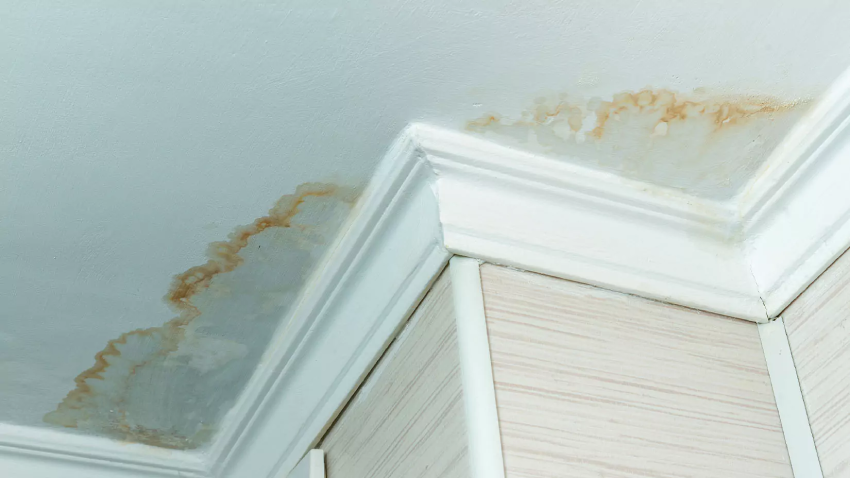Emergency Water Damage Restoration to Restore Your Property Quickly
Emergency Water Damage Restoration to Restore Your Property Quickly
Blog Article
The Refine of Water Damage Cleaning: Guaranteeing Your Home Is Brought Back Efficiently
Water damages can be a challenging difficulty for homeowners, necessitating a structured and meticulous cleaning process to recover safety and capability. A detailed evaluation is vital to determine the degree of the damage and figure out the ideal remediation procedures. Following this, reliable water extraction techniques play a pivotal role in mitigating additional damage. Nonetheless, the subtleties of drying, disinfecting, and eventual repair are equally necessary and typically overlooked. Recognizing these stages can make a considerable distinction in the outcome of your home's repair, prompting a closer consider what each action entails.
Examining the Damages
Upon finding water damage, the very first action is to extensively examine the degree of the impact. This first assessment is essential, as it assists establish the needed actions for efficient cleanup and repair. Begin by checking the influenced locations, consisting of walls, ceilings, floors, and personal items, to identify the resource of the water intrusion, whether from flooding, leaks, or condensation.
Documenting the damages is crucial for both insurance policy cases and planning restoration efforts - damage restoration services. Usage pictures and written notes to capture the seriousness of the damage, keeping in mind any affected architectural components and products. Pay special interest to areas that may not be promptly visible, such as behind wall surfaces and under rugs, as concealed dampness can result in more issues, consisting of mold and mildew development
Additionally, assess the timeline of the water direct exposure. The longer the materials continue to be wet, the greater the possibility for damage. Understanding the duration of exposure will certainly notify the necessity of removal efforts. Eventually, a thorough evaluation lays the groundwork for an effective water damage cleanup process, making sure that all affected locations are attended to properly and thoroughly.
Water Extraction Methods

Specialists normally use submersible pumps for bigger quantities of water, which can promptly minimize flooding in basements or various other affected locations. For smaller amounts, wet/dry vacuums are typically made use of to extract residual wetness from rugs and hard surface areas. Additionally, using portable extractors enables targeted elimination in restricted rooms or areas with fragile materials.
In instances of polluted water, such as sewer or floodwater, advanced removal methods might involve the usage of biohazard equipment to guarantee safety and security and compliance with wellness policies. High-powered removal devices are critical in minimizing water retention in architectural products, which can bring about mold and mildew growth and structural deterioration otherwise resolved without delay.
Eventually, the performance of water removal strategies plays a crucial duty in the general success of the water damage cleanup procedure, laying the foundation for subsequent restoration initiatives.
Drying and Dehumidification
As soon as standing water has been effectively drawn out, the following critical stage in the water damages clean-up procedure is drying out and dehumidification. This action is vital to stop more damage and mold and mildew growth, which can happen within 24 to two days in wet settings.
To accomplish reliable drying, specialized tools such as industrial-grade air movers and dehumidifiers is utilized. Air movers flow air across wet surfaces, improving dissipation prices, while dehumidifiers lower moisture levels in the air, promoting a conducive setting for drying out. The mix of these devices makes certain that wetness is extracted from walls, furnishings, and floors, permitting them to dry thoroughly.
It is essential to keep track of the drying process carefully. Specialists typically utilize wetness meters to analyze the wetness material in numerous products, guaranteeing that all affected areas reach appropriate dry skin degrees. This meticulous approach aids to avoid hidden moisture pockets that can bring about architectural damages or harmful mold development.

Cleaning and Sterilizing
After the drying and dehumidification phase is complete, the following vital step in water damage cleaning is cleaning up and sanitizing the impacted areas. This procedure is vital to stop the growth of mold and mildew, germs, and other virus that prosper in moist environments.
The cleansing stage normally includes eliminating any kind of particles, dirt, and contaminants from surfaces utilizing specialized cleaning agents. For hard surface areas, a mix of soap and water or business cleansing items is usually utilized. Soft materials, such as furniture and carpets, might call for more substantial cleaning techniques, including vapor cleaning or deep extraction techniques, to ensure thorough sanitation.

Disinfecting complies with cleaning, utilizing EPA-approved disinfectants to eliminate harmful microbes. This step is essential, particularly in areas that may have entered call with floodwaters or sewage, as these sources can posture serious health and wellness risks.
Furthermore, it is vital to resolve any type of continuing to be odors, which might need the usage of smell neutralizers or sophisticated methods like ozone therapy. Appropriate cleaning and sanitizing not just recover the safety and hygiene of your home however additionally prepared for effective restoration and repair work in succeeding phases of the water damage clean-up procedure.
Repair and Repairs

Once the assessment is full, repair efforts can start. Additionally, floor covering may need similar attention, depending on the level of water exposure.
It is vital to engage seasoned reconstruction specialists throughout this process, as they possess the competence to handle complex repair work effectively. Furthermore, they can aid reduce potential future problems, such as mold development or architectural instability, thus making sure a risk-free and habitable living atmosphere. Inevitably, efficient restoration and fixings bring back the home's honesty and improve its total value.
Verdict
To conclude, the procedure of water damage cleanup is crucial for restoring a home to its pre-damage condition. Each stage, from examining the damages to carrying out effective water removal methods, complied with by complete drying out, sanitizing, and essential fixings, plays a vital role in ensuring safety and compliance with structure requirements. Reliable implementation of a fantastic read these steps not only reduces prompt damage yet additionally improves the long-term integrity and value of the home.
Water damage can be a challenging challenge for homeowners, requiring a structured and precise cleanup process to restore safety and capability. Eventually, a detailed analysis lays the foundation for an effective water damages cleaning procedure, making sure that all affected areas are resolved properly and extensively.
Reliable water extraction techniques are necessary in mitigating damage and protecting against additional difficulties adhering to a water intrusion event.In final thought, the procedure of water damages cleanup is important for restoring a home to its pre-damage condition. Each stage, from evaluating the damages to implementing efficient water extraction strategies, complied with by detailed drying, disinfecting, and needed repairs, plays an essential role in guaranteeing security and conformity with building criteria.
Report this page